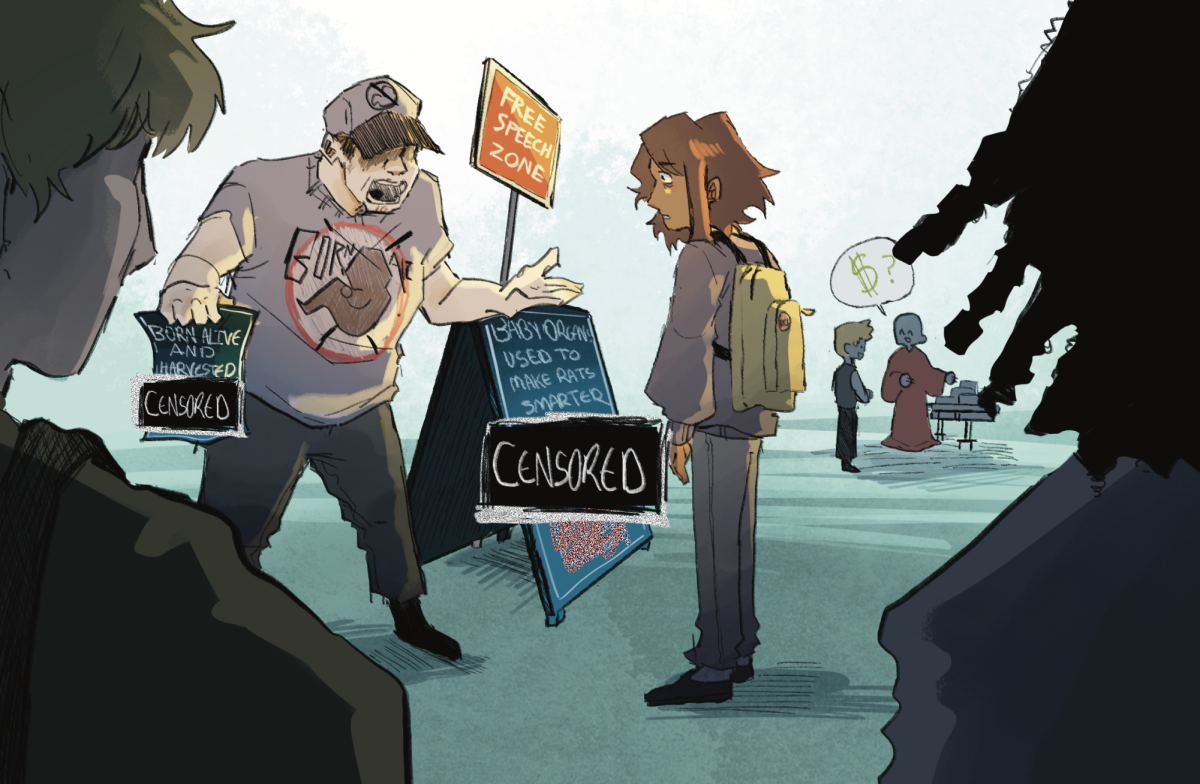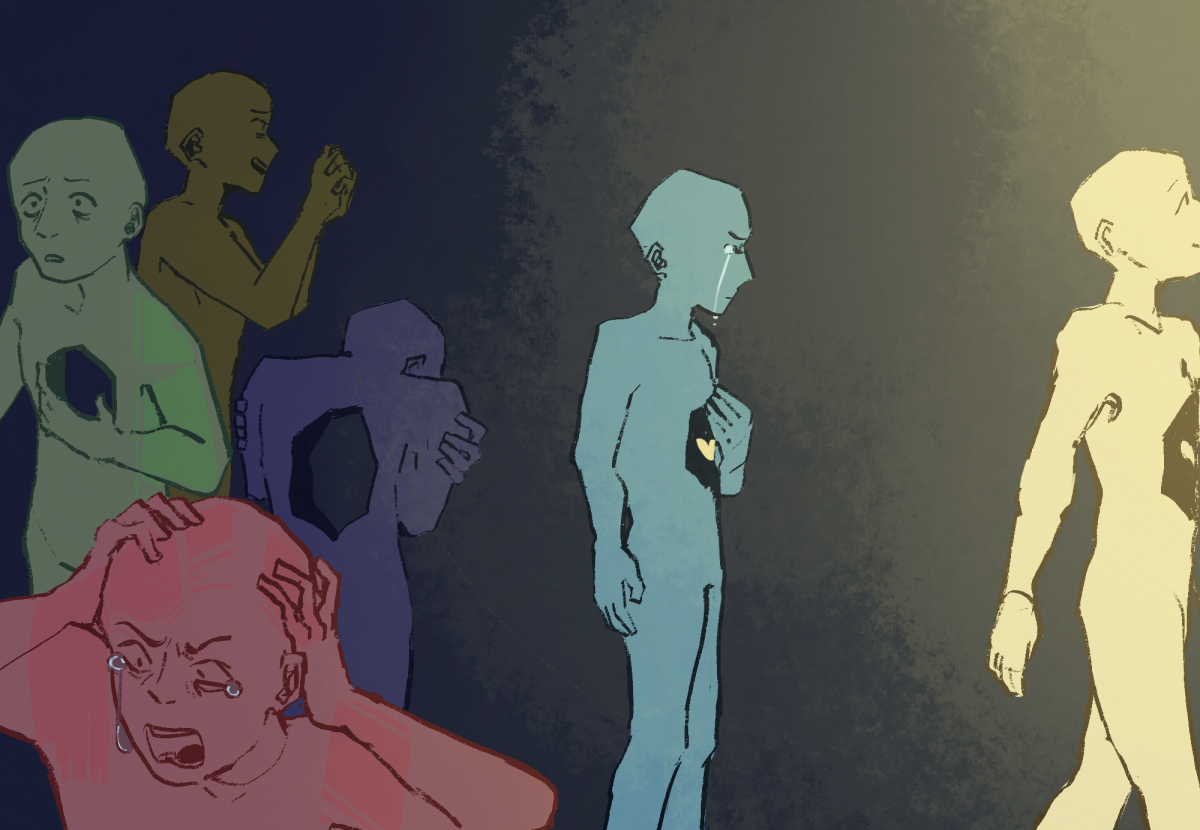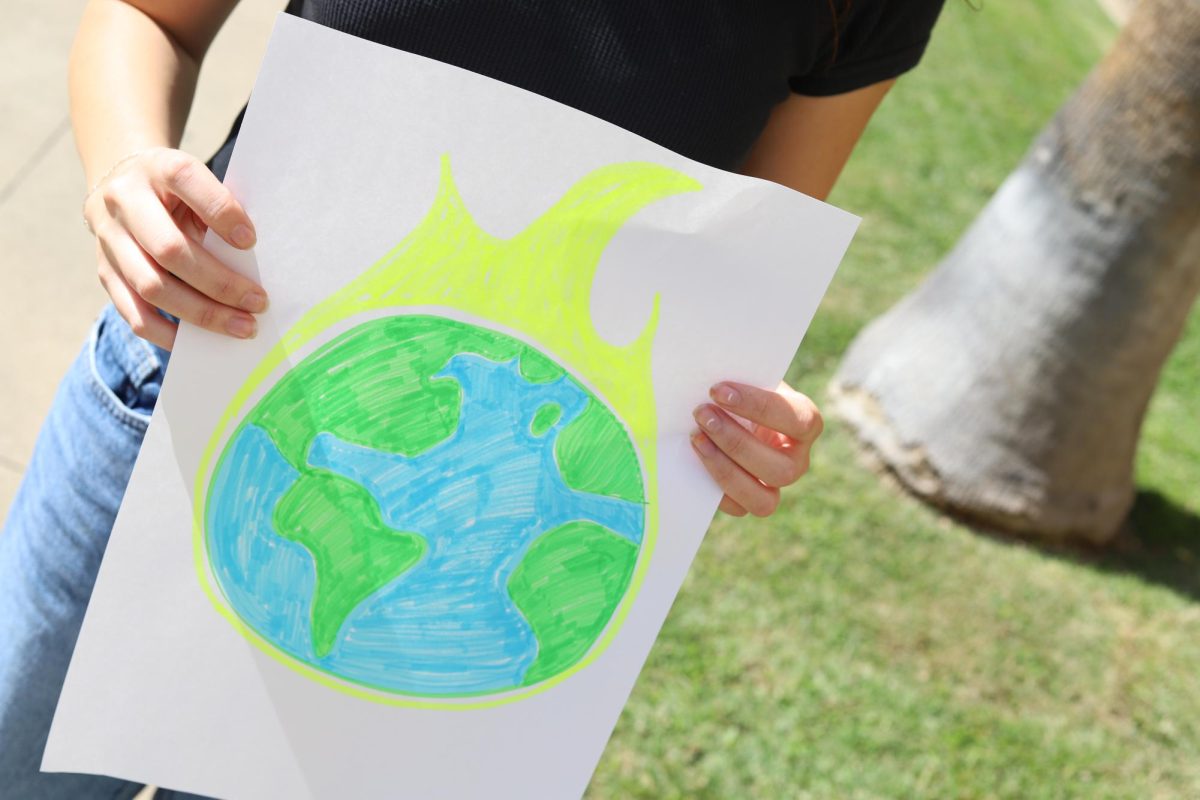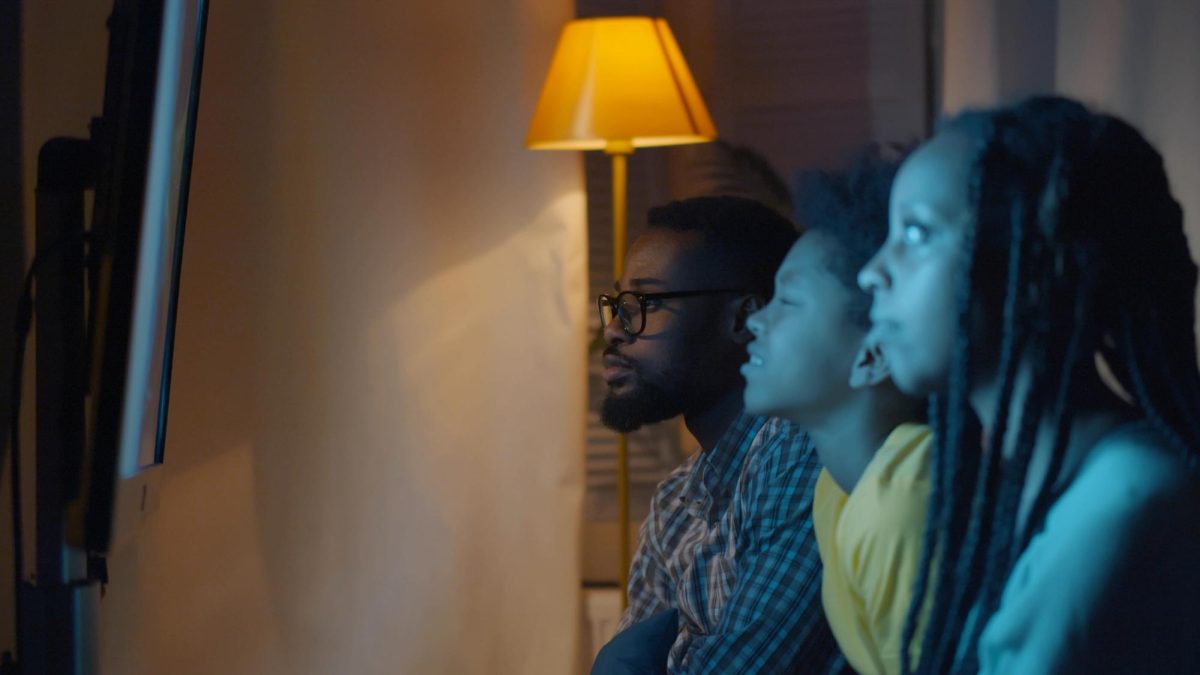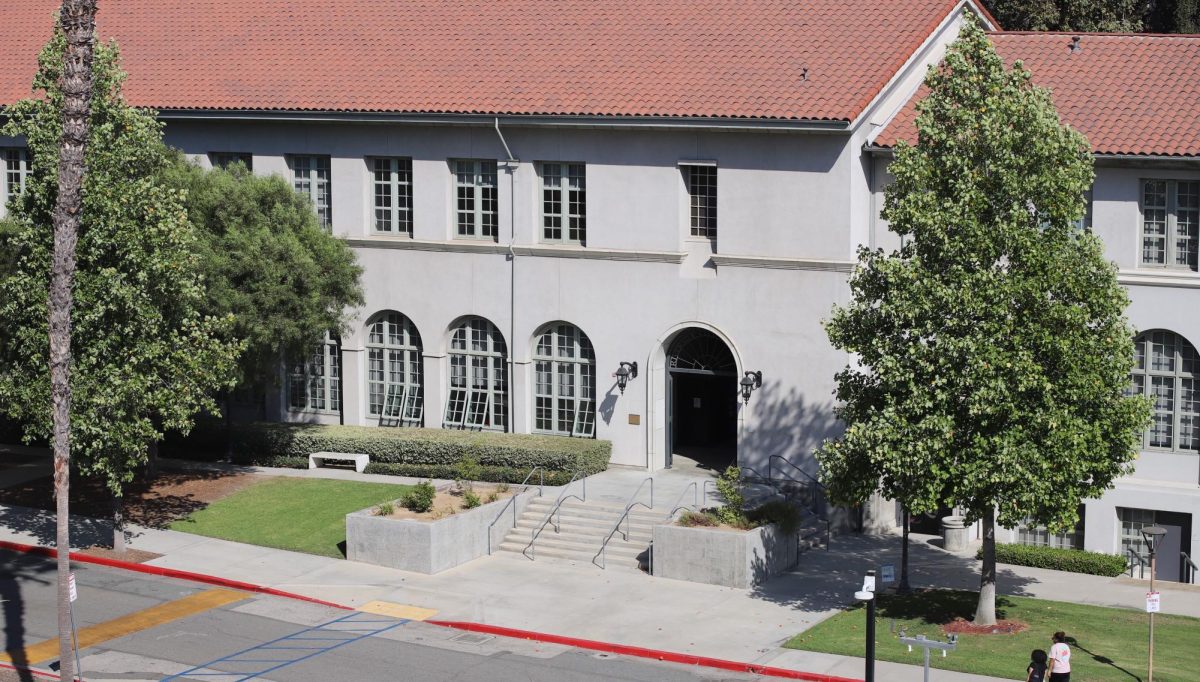By Editorial
By Editorial
Forty years ago, a man was murdered for his dream. It was a dream of equality for all people – a dream of unity and peace.
On April 4, 1968, Martin Luther King Jr. was assassinated because of his dream. He was never able to see the fruits of his labor. Still, had King lived to see this day, he would have yet to see his vision realized.
“I have a dream,” King said, “that one day this nation will rise up and live out the true meaning of its creed: ‘We hold these truths to be self-evident: that all men are created equal.'” We continue to wait for that day.
We cannot say that we live in a free society where all people are equal when our government and social institutions restrict our freedoms – the very freedoms King gave his life to protect.
Jim Crow may have perished, but his descendents are alive and well.
Crow is alive in arbitrary drug laws that punish the poor more harshly than the rich. The offenders in these cases are disproportionately minorities. The result is institutionalized racism.
Crow is alive in laws that prohibit homosexuals from having the same rights as heterosexuals. Laws against same-sex marriages paint homosexuals as outsiders and second class citizens.
It’s no wonder, then, that junior high school students are being shot down – in class – for their sexual orientation.
Even candidates for the highest public office in our country are subject to discrimination.
This is arguably the most diverse presidential race in our country’s history. The candidates differ in their race, religion and gender.
Instead of welcoming this wave of change as a better representation of our varied and multicultural society, so far, it has been met with resistance.
Mitt Romney is a Mormon? Well then there’s no way he could run our country!
Hillary Clinton? Are you kidding me? The last thing we need is a woman in office – they’re too emotional. She’ll start World War III during one of her mood swings.
And Barack Obama – well, where do I start? He might be Muslim, and we have to be afraid of Muslims after Sept. 11. He goes to church with that pastor who’s talking crazy. His middle name is Hussein – yeah, as in Saddam Hussein – maybe they’re related. And did we mention that he’s Black?
The hatred that King faced and fought still surfaces today, even using the same symbolism at times.
Of all recent events, it is the racially charged Jena Six incident that calls forth the same imagery and emotions as of the atmosphere of the 1960s, during which King did his most influential work.
In the case of the Jena Six, nooses were hung from an unofficial “White students only” tree that Black students had recently gained permission to sit under.
In this time, in the new millennium, to know that high school students are inciting attitudes of racial intolerance by using the powerful and unmistakable symbols of hatred and bigotry of our dark past is shameful and frightening.
Despite the persistence of intolerance today, King’s work was not in vain.
Much has changed since the Civil Rights Act of 1964, in which King was instrumental in passing. But not as much, we think, as he would have hoped.
People who are perceived as different are still feared and hated. And violence and intolerance are still the weapons of fear and hate.
But there are, as there were, many remarkable individuals who believe in the potential of our country. They hold great expectations for what people can achieve to better this world.
As the generation of the future, it is our responsibility to attain and even exceed these expectations. It is our job to make this country – and this world – even greater than they could have imagined.
Nineteen sixty-eight was not an ending, but a beginning.
It was a beginning for real change in this world. It was a strong beginning on a long and treacherous journey toward an ideal that this country was founded on.
In 1968, King was robbed of his life, but not of his legacy. Now, 40 years later, we must carry on where he left off, and make his dream a reality.



